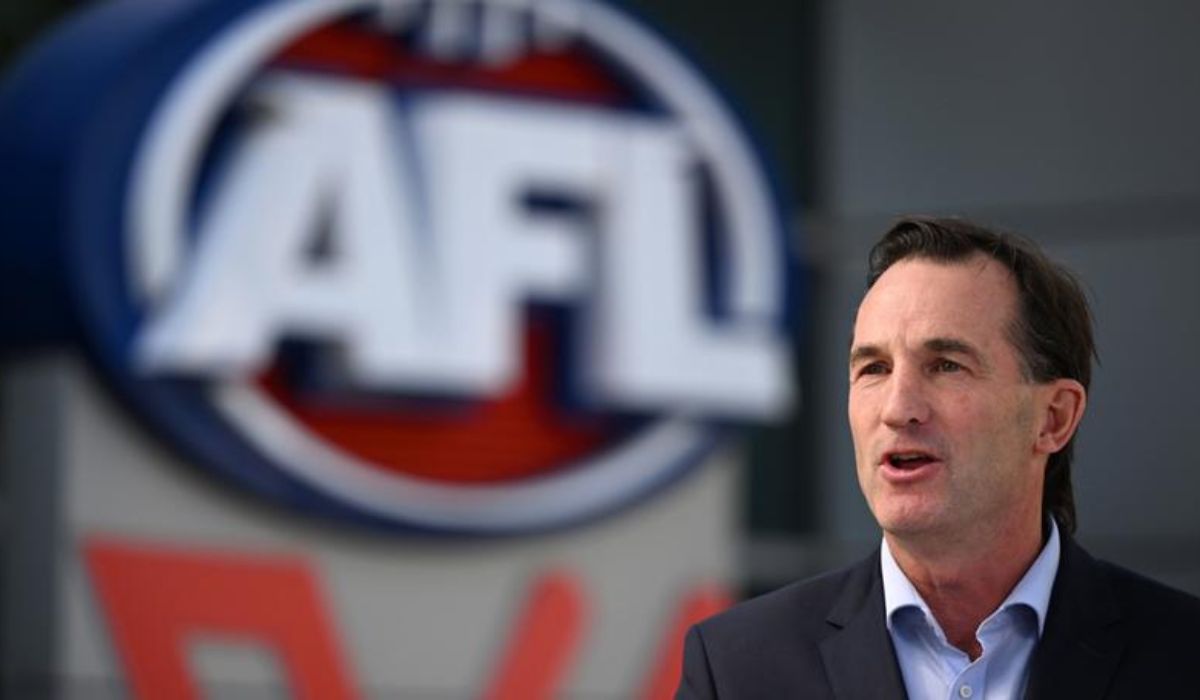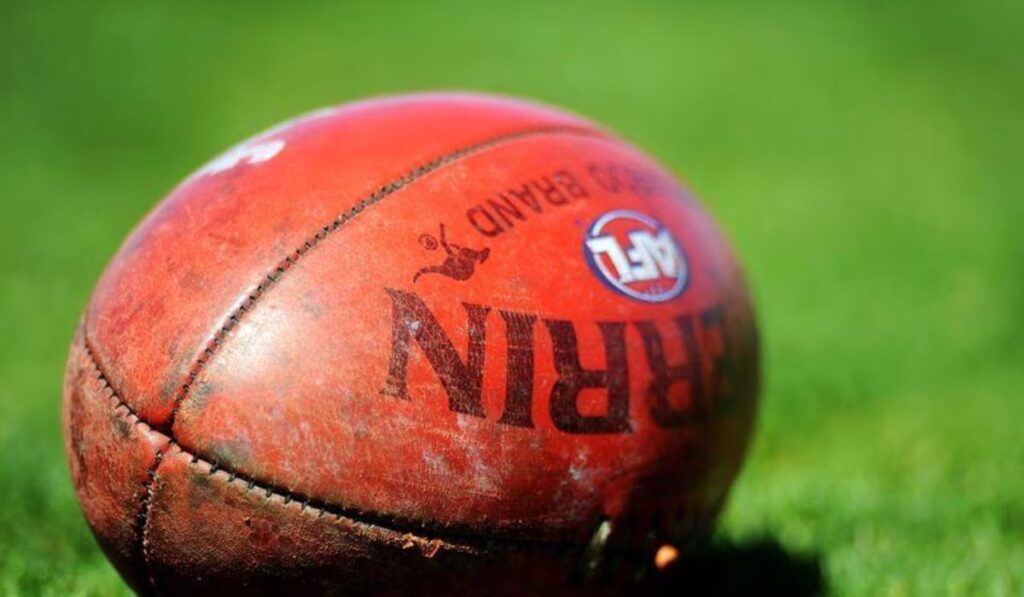An inquiry into the AFL’s illicit drug policy exonerated the league of any drug-code violations, but it nevertheless remains vigilant against criminal infiltration. As a result, all major Australian sporting codes, including the AFL, have been encouraged to ‘address vulnerabilities in their systems’.
Investigative action was taken in response to claims made by federal independent MP Andrew Wilkie, under parliamentary privilege, that AFL players who had a history of drug use were being excluded from games under the pretense of injury in order to avoid testing positive on match day and violating the WADA code.
The SIA claimed that although there was no evidence to suggest that players had faked injuries to avoid being tested on match days, there was a “degree of suspicion” because of the secrecy clause, which AFL CEO Andrew Dillon supported and is essential to players agreeing to the league’s policy.
In his farewell address to the AFL, departing SIA chief David Sharpe raised serious concerns about the potential for drug supply to corrupt athletes. Sharpe made a number of recommendations to the AFL, including the independent monitoring of the Illicit Drugs Policy.

Sharpe, who abruptly announced his retirement, claimed that policies needed to better reflect the demands of 2024 and that there was a clear and present threat to all of Australian sport.
“When the AFL’s IDP was first developed in 2005, the illicit drug landscape was different from what it is today, which necessitates an immediate overhaul of the current policy to bring it into line with current societal trends and increasing integrity and health threats in sport,” the speaker stated.
“SIA has identified ongoing threats of criminal infiltration of Australian sport through the supply of illicit drugs and subsequent exposure of athletes and support staff to exploitation,” according to Australian law enforcement and intelligence agencies.
In addressing issues of illegal drug usage, athlete mental health and wellness, and criminal infiltration of sport, Australian sports have come to a crossroads. Addressing the culture of illicit drug use in sports and the intolerable risks that are being placed on players, authorities, clubs, and athletic codes requires immediate and significant intervention.
“Any sport having an IDP should think about using deidentified data from their illicit testing programs to address trends and threats and close vulnerabilities in their systems that could be used by criminal actors.”
He noted that by implementing policies that integrate with law enforcement, all sports codes needed to send a clear statement that they were not “open for exploitation.”
“Sport is essential to maintaining social cohesiveness in our society.” In order to put a ring around sport and ensure that athletes are supported while also creating an environment hostile to criminal elements, sports, governments, medical professionals, educators, law enforcement, and intelligence agencies must strengthen their partnerships in a nationally coordinated manner, he said.
“We need to make it clear that sports are not meant to be exploited.”
The SIA investigation cleared the AFL of any violations of the WADA code but made several recommendations for improvement, such as having an independent review of the Illicit Drugs Policy and keeping the AFL’s Integrity Unit’s intelligence capacity growing.
It stated that Australian sport, not just the AFL, faced a serious threat from the problem of illicit drug usage.
“Sport Integrity Australia is concerned about the dire impacts to player’s health and wellbeing and the potential to bring a code or team into disrepute through integrity threats,” Sharpe stated, “unless there is significant cultural intervention to address the illicit drug culture in all sports.”
The AFL responded positively to the results, acknowledging that the league’s policy still has “room for improvement” that will be further developed.
“We have stated from the beginning that the accusations made in parliament do not align with the purpose or implementation of the Illicit Drug policy, and we applaud the conclusions of Australia’s sports integrity agency, which found no proof to back up the accusations,” Dillon stated.
“We take great pride in maintaining the integrity of our sport.” Reiterating that we do not support the use of illegal substances in any form is crucial, but we also acknowledge that it is our duty as a society to attempt to influence the behavior of those who do make the mistake of attempting or abusing them.


Pingback: Star Eagle Focused on Rebuild, But Trade Rumors Swirl